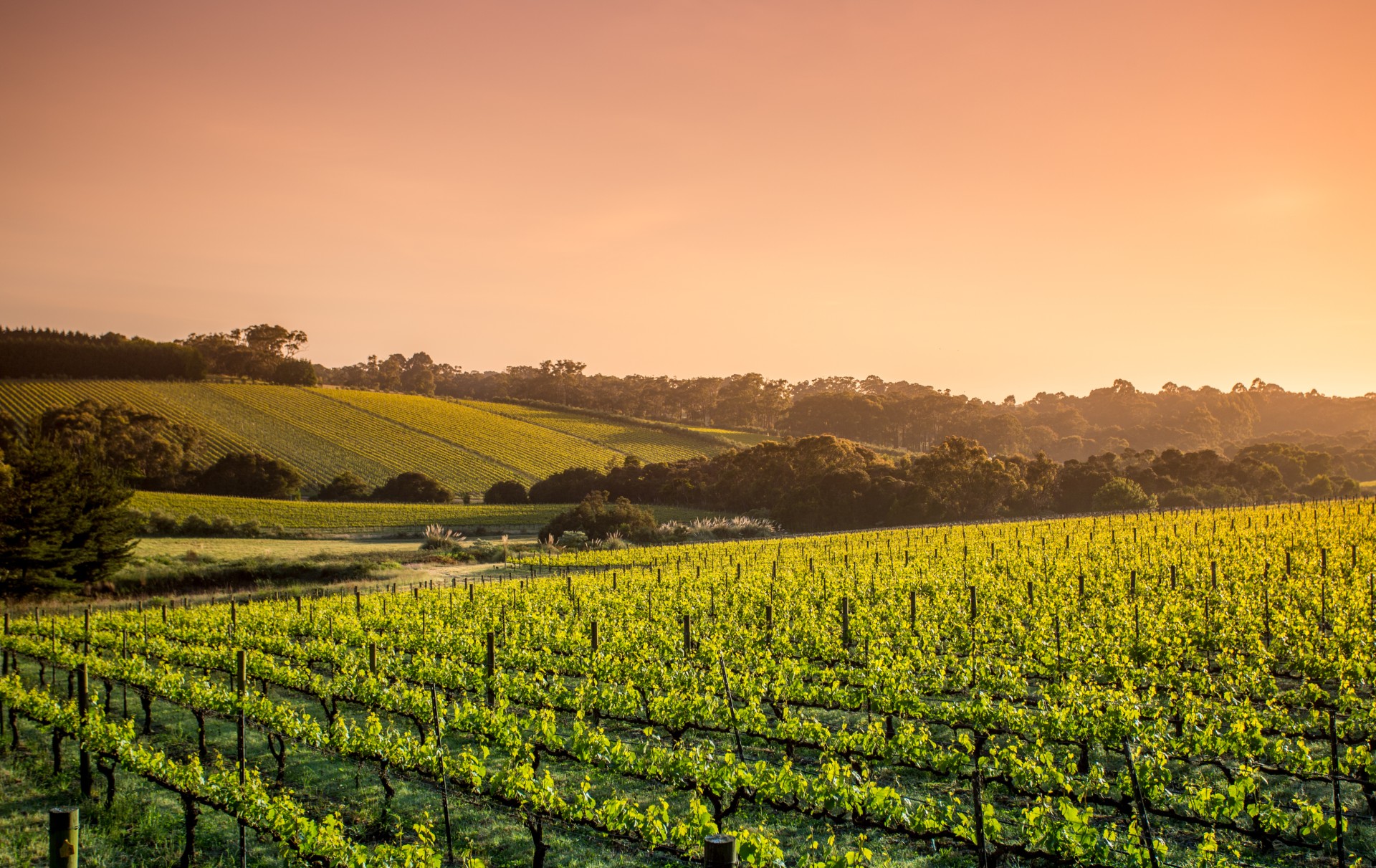Non-alcoholic beer sales rose to £7.6 million over Christmas
UK supermarkets made close to £8 million from sales of non-alcoholic beer over the Christmas period, according to new figures.
A number of UK breweries have invested in their low alcohol ranges in the past year to keep up with the demand for zero ABV drinks.
Supermarkets posted record sales of £29.3 billion the 12 weeks to the end of December 2018, according to the latest market report from analyst Kantar Worldpanel, alongside a notable spike in low and no ABV drinks. Non alcoholic beer, in particular, earned supermarkets an £7.6 million over the festive season.
Sales of non-alcoholic and low alcohol beer rose by 38% in 2018 compared to the previous year, according to Kantar. Sales rose £2.1 million compared to the same 12 week period last year.
A significant number of UK breweries have invested in their low alcohol ranges in the past year to keep up with the demand for zero ABV drinks. Moving annual total of No-and-low ABV products has risen by 24.4% in volume and by 29.6% in value in two years – by 22.7% and 24.3 % respectively in the past year, according to CGA.
Most recently, Greene King launched a low alcohol version of its Old Speckled Hen beer. The drink is brewed with Pale and Crystal malts alongside Challenger, First Gold and Goldings hops, and “faithfully delivers flavour characteristics reminiscent of the 5.0% ABV bottled beer,” according to the brewer. Heineken, meanwhile, won a gold award in the drinks business’ 2018 Beer Masters for its updated 0.0% ABV lager.
Over 50% of Brits who took part in a OnePoll survey last year said they have at least tried a non-alcoholic drink, while 52% also agreed that no-alcohol beer has become more socially acceptable in the past two years.
Asda was the biggest earner of the Big Four grocers over the festive period, recording growth of 0.7%, while Lidl and Aldi held their largest collective market share over of 12.8%, with two thirds of households shopping at the challenger stores this Christmas.
Partner Content
Sainsbury’s market share dropped by 0.3 percentage points as sales fell by 0.4%. The Co-Op, which recently announced it will spend £200 million to open 100 new stores this year, was the only supermarket to beat its 2017 growth-rate, with sales up to 3.2%. Tesco’s market share now stands at 27.8% – down 0.3 percentage points compared with this time last year.
The win for large retailers comes as high street stores continue to struggle in a challenging economic climate.
Perhaps unsurprisingly, sales premium own-label lines increased by 3.7% over the 12-week period – hitting a record £1.1 billion. Much of Lidl’s 9.4% sales growth came from its ‘Deluxe’ line, which saw sales jump by 33% over December.
“Although the grocers achieved record sales, overall spend was actually tempered by lower inflation of 1.3%,” analyst Fraser McKevit said.
“That’s less than half the level of like-for-like inflation of 3.6% which was recorded in Christmas 2017. This slower inflation rate helped shoppers to manage their festive budgets, with 60% of customers looking to make savvier decisions to make their money go further over the holidays.”




